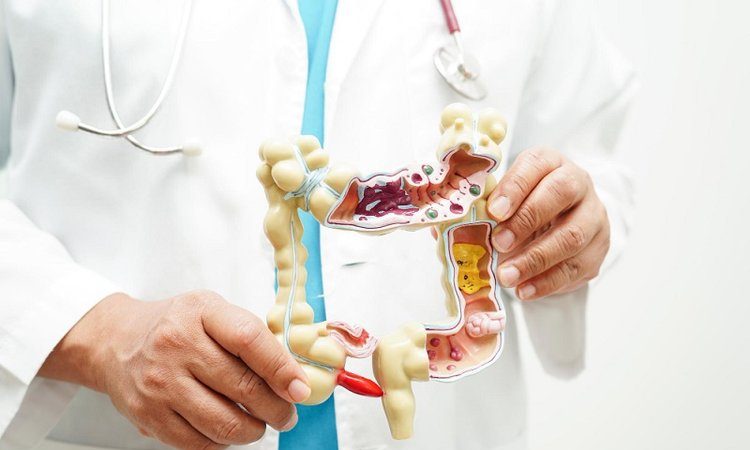
A colonoscopy can detect polyps that might grow into cancer. It can also find and treat some inflammatory bowel diseases, including Crohn’s disease and ulcerative colitis. Most colonoscopies are done under full anesthesia. This is supervised by an anesthesiologist who has received special training.
What is a Colonoscopy?
A colonoscopy is a medical test that gives doctors a better view of the large intestine (colon) and rectum. The test may help find problems, such as polyps, that can turn into cancer or other symptoms.
The doctor can also use a colonoscopy to remove or treat tumors and other abnormalities. A colonoscopy is a common test for colorectal cancer screening, particularly in people at higher risk of the disease.
According to experts in colonoscopy Denver, most colonoscopies are performed with patients under sedation or anesthesia so they don’t feel pain. However, they might feel stomach cramps or gas pain as the doctor inserts the colonoscope into the rectum. They might also feel pressure or pain as the doctor inflates the colon lining for better viewing or if they take a biopsy or remove abnormal tissue. The procedure can take 30 to 60 minutes. People at average risk for colorectal cancer should have a routine colonoscopy every ten years. Other people may need more frequent screenings, depending on their personal or family history of the disease.
Preparation for a Colonoscopy
A person must clean out their colon before the procedure so that they will drink a laxative. Usually, this will be in liquid form and will start the night before the appointment, with instructions on when to stop drinking it.
A person needs to consume only clear liquids the day before the procedure. This includes water, Gatorade, broth, and tea or coffee without milk or creamer.
People should also avoid foods with red, blue, or purple dyes. These can discolor the colon’s lining and make it harder for doctors to see. The prep will typically cause a person to pass clear or yellow liquid poop, indicating that the colon is ready for the exam. A person may also have cramps or feel bloated right after the exam, but this will usually go away soon. They might also experience gas pain or feel pressure as the doctor moves the colonoscope inside the rectum and colon.
During a Colonoscopy
It may be no one’s favorite procedure, but a colonoscopy is essential in identifying problems like colon polyps that could become cancer. The procedure takes about 30 to 60 minutes, but it’s best to plan two or three hours for the test, preparation, and recovery.
During the colonoscopy, the doctor gently eases a thin, flexible tube called a colonoscope through your rectum and into your large intestine. The end of the scope contains a light and a camera. The doctor can also pump air or carbon dioxide into the colon to expand and make it easier to see.
Before the procedure, the doctor will tell you when to start drinking clear liquids (water, Gatorade, broth, and tea or coffee without milk). On the day of the procedure, it’s important to follow the bowel prep instructions closely and consume only clear liquids until two hours before the test.
Post-Colonoscopy Care
Colonoscopies are the gold standard for screening for colorectal cancer, which is one of the most common causes of death in both men and women. It is also a crucial test to determine if you have a colon polyp or pre-cancerous lesion.
A colposcopy allows your doctor to view the lining of your large intestine (colon) and rectum through a small flexible tube called a colonoscope. The scope has a video camera to take tissue samples and remove polyps or cancers.
You may experience bloating, gas, or mild cramping after the procedure. Passing gas and walking around can help relieve discomfort.
People who have a history of colon or rectal cancer or certain medical conditions like ulcerative colitis and Crohn’s disease should be especially sure to follow the bowel preparation instructions. A gastroenterologist can recommend a screening schedule based on your risk. Getting regular colonoscopies can save your life.




